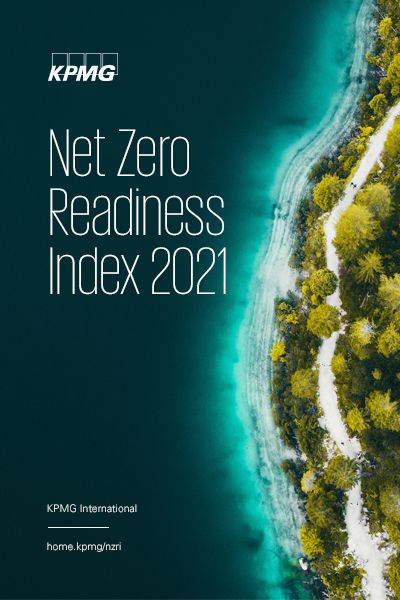Like many developing countries in the NZRI, South Africa’s race towards Net Zero will be pushed by investors and tempered by the perceived social cost of the transition, with the country planning to continue its reliance on fossil fuels.
Energy mix
South Africa is the most coal-reliant country in the NZRI, using the fuel for around three-quarters of its electricity. Coal is also responsible for many jobs and in a country with unreliable power supplies and high rates of unemployment, this makes it hard to give up. Although the government is strengthening its emissions ambitions, its current plan to hit carbon neutrality by 2050 still includes coal.
There are signs of change. South Africa has strong opportunities to develop renewable generation in solar and wind power, and in June 2021 President Cyril Ramaphosa announced that embedded electricity generation projects of up to 100MW could in future be established without energy regulator licensing, up from 1MW at present.1 “It’s a hugely welcome move and a step in the right direction,” says Poogendri Reddy, Senior Manager, Sustainability Services, KPMG in South Africa. Demonstrating the potential, mining company Gold Fields had already announced it will build a 40MW solar plant at its South Deep mine, providing about a fifth of the electricity needed to run the facility.2
Private sector pressures
The country is in the process of splitting its electricity company Eskom into three separate businesses running generation, transmission and distribution, which should encourage new production. With three of South Africa’s four major banks refusing to fund new fossil fuel plants, renewable sources provide the obvious options, although the country will have to overcome a lack of manufacturing capacity for generation equipment. More broadly, investor pressure on environmental issues is leading fossil fuel-focused companies to diversify, with coal and mineral miner Exxaro publishing a climate change response strategy in 2020 that highlights its ownership of two large wind farms.3 Jyoti Vallabh, Associate Director, Sustainability Services at KPMG in South Africa, says that awareness of ESG has greatly increased over the last 18 months and has become an important issue on many board agendas.
Most sectors are ready to change as the power supply decarbonizes, such as through increasing use of electric vehicles and work on adopting hydrogen as a fuel. There is also potential to adopt circular economy models used widely in Europe to reduce emissions from waste, as well as adding better environmental disclosure to the country’s already good reputation for corporate financial reporting. However, agriculture is moving much more slowly, with little policy focus on the sector given it is a large source of jobs and exports. The sector is outside the initial phase of the South African carbon tax, introduced in June 2019.4
A just transition
The government has talked about “a just transition” that protects jobs and sees domestic coal supplies being exploited as they have been in many developed countries, says Reddy. She adds that it will be crucial for South Africa to reskill workers to take advantage of green opportunities.
Similar to India, particularly given its vulnerabilities to the physical impacts of climate change, climate financing will be likely to play a crucial part in accelerating South Africa’s transition towards Net Zero. An example is the UK government’s Climate Finance Accelerator technical assistance program, with South Africa selected as its first country for applications in June 2021.5
Contributors

Jyoti Vallabh
Associate Director, Sustainability Services
KPMG in South Africa
1 ‘Announcement by President Cyril Ramaphosa on amendment to schedule two of the Electricity Regulation Act’, South Africa Presidency, 10 June 2021. http://www.thepresidency.gov.za/speeches/announcement-president-cyril-ramaphosa-amendment-schedule-two-electricity-regulation-act
2 ‘Gold Fields board gives green light to South Deep Solar Project’, Gold Fields, 5 May 2021. https://www.goldfields.com/news-article.php?articleID=10923
3 ‘Climate change response strategy report 2020’, Exxaro, 2020. https://www.exxaro.com/assets/files/Exxaro-CCRS-2020_final.pdf
4 ‘Carbon tax’, South African Revenue Service, accessed July 2021. https://www.sars.gov.za/customs-and-excise/excise/environmental-levy-products/carbon-tax/
5 ‘Climate Finance Accelerator’, UK Department for Business, Energy and Industrial Strategy, updated 21 June 2021. https://www.gov.uk/government/publications/climate-finance-accelerator




